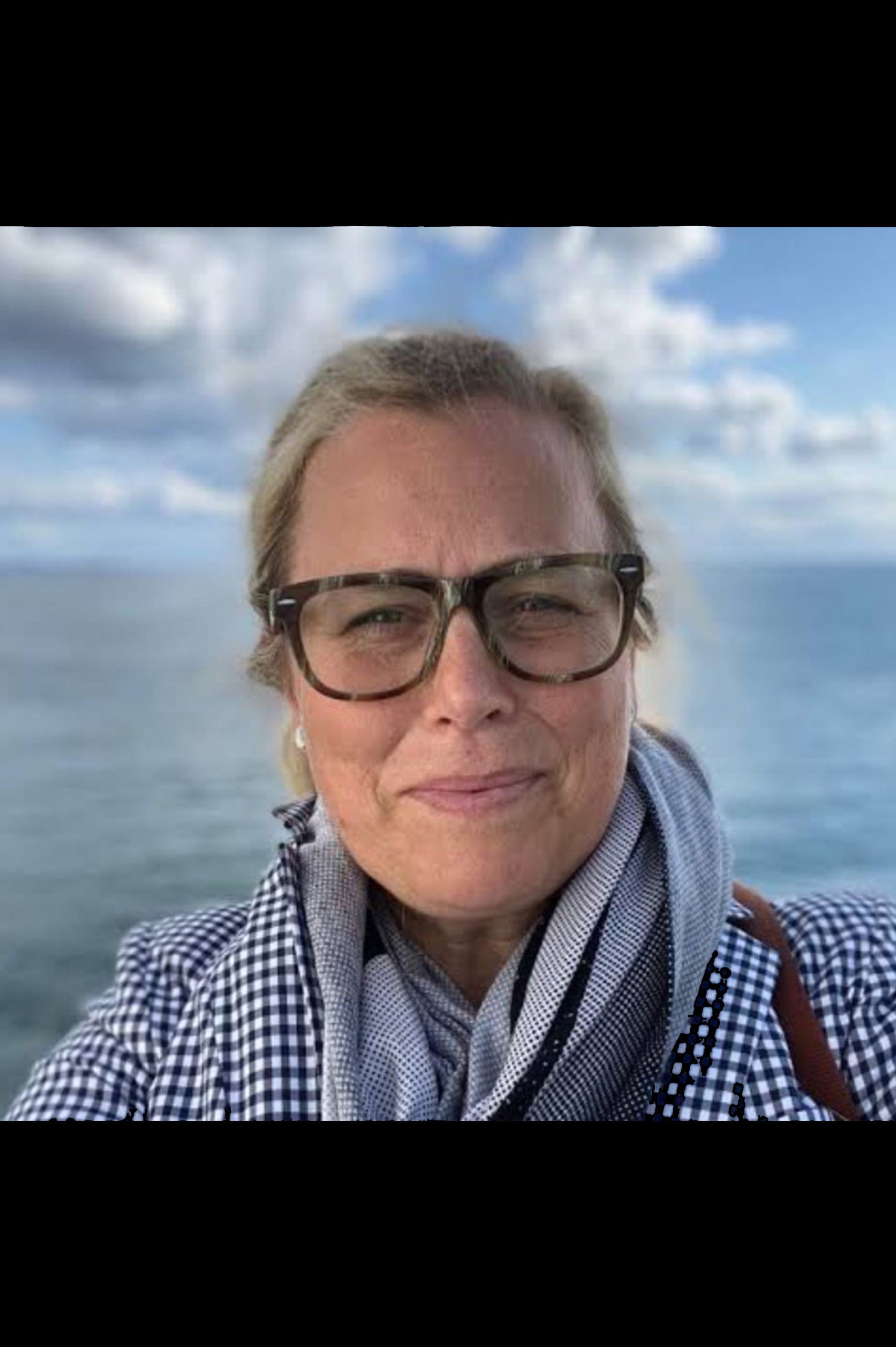Professor Cecilia Lindgren is Professor of Genomics of Endocrinology and Metabolism at the University of Oxford, Oxford, UK. She will be giving the ESHG Award Lecture on Tuesday 4 June at 14.15 hrs.
Cecilia Lindgren’s interest in science started when she was very young. “My grandmother was a scientist and a very inspirational person who loved questions. She taught me and my brother the value of hard work and being grateful for opportunities given, but maybe more importantly to ask questions and to think them through properly.” She had an idyllic childhood growing up in a location by the sea outside of Gothenburg, but then disaster struck. “My brother became very ill with a brain tumour when I was nine years old. That led to a lot of questions about why some people get sick, but others don’t. Why one can rarely cure disease? That’s something I’ve carried with me ever since and have had a real urge to find out.”
As a result, she thought for a while about studying to be a medical doctor, but her parents thought she was over empathetic and would sink herself in the process of trying to help. “Though that would be great for patients, it would be too hard on me because it would be difficult for me to accept that I wouldn’t always be able to help people as much as I might want to. So a career in science came naturally because that’s also a way of making a difference and having an impact.”
At school, she loved mathematics, chemistry and biology, so maths was her first-choice subject at university, and this led to a biomedical degree course. “I was never happier – it was like opening an Easter egg and finding that you focus and apply yourself to do what you really love.” Though, at the beginning, she was worried about taking a course that didn’t lead to a licence. “If you’re a dentist, you obtain a licence and then you know you can get a job afterwards. You know what your job is, what the hours are, and what the outputs are. Science is much more uncertain and open-ended – you can work as much as you want all the time, and the scientific process is the product in a way that doesn’t apply to jobs that are more clearly defined.”
After completing her PhD in molecular genetics at the University of Lund, Sweden, during which she spent a year and a half at the Centre for Genome Research, Whitehead Institute, US, she started postdoctoral work at the Karolinska Institute. Itching to go abroad again, she joined the Wellcome Trust Centre for Human Genetics at Oxford on a Throne Holst Foundation Scholarship. She left in 2012 to join the Broad Institute, Harvard, and MIT as a Scholar in Residence, before returning Oxford in 2015 to join the Oxford Big Data Institute, which she has led as Director for the last three years.
The core belief that science is a team activity has completely permeated her entire career. “I love collaboration and believe it is a key to success in today’s science eco system. I’ve been very lucky with the people I’ve worked with, who have been kind and scientifically brilliant with a really generous and collaborative work ethic. They also gave me the passion for mentoring others, and showed me how important it is. I began supervising students when I was a PhD student myself. I prefer it to teaching – which I don’t mind – but I feel that mentorship and supervision is more valuable and impactful.”
A supervision that really stands out for her was at the Broad Institute, under David Altshuler, Eric Lander, Mark Daly and Joel Hirschhorn during her PhD. “While I was there, we made two seminal breakthroughs. And that gave me such a high – it’s almost impossible to describe. In the first, we found that PPAR gamma was unequivocally associated with type two diabetes. At that time, association studies were cluttered with ambiguity, partly because of small sample sizes and study designs, and also a bit of over-interpretation in the field. So, finding this definitive association was fantastic.”
“I was also fortunate enough to collaborate with Vamsi Motha and others at the Broad Institute in looking at gene expression studies in skeletal muscle in people with type two diabetes. We showed, for the first time, that the OXPHOS pathway was dysregulated in a concerted way in these patients.”
For a PhD student to be involved in such high impact projects was “fantastic”, she says. And she has followed it up with major contributions of her own, particularly in the field of obesity, where her work has made a substantial contribution to understanding its genetic landscape. “My team has been able to underline the distinction between fat distribution and overall obesity, to identify the strong sexual dimorphism involved, and to look for ways in which this is linked to female and reproductive health.”
The focus on mentoring comes back again when she talks about today’s scientific culture. “As scientists, we need to make sure that we provide an amazing environment for people to work in, and that they want to stay and feel they can flourish in. We all develop with the times and we have to remain nimble, not just in discovery, but in our work environment too.”
Cecilia Lindgren can’t imagine a life where she did not do science in some form, but that doesn’t mean that she has no interests outside of it. “I love being with my family, and my friends; they are the most important thing in my life. I love reading, travelling, and all kinds of water sports. I love skiing, and being outdoors generally. When I have to retire, I will have more time for these other interests. But that’s hopefully 15 years or so away, and I don’t ever intend to give up mentoring people.”
She will be telling the conference about her work in obesity genetics over the last 20 years, and what are the biggest lessons she and her team have learned. “We’re at quite a pivotal time where we have the maps of the underlying genetics for many common complex traits. We have thousands of genetic associations, and now it’s up to us to translate that into impactful outputs for patients and society. There are a number of ways in which this can be done.
“I’ll also be sharing a couple of nuggets of unpublished data that point to what we should be doing in this field. And of course, I will talk about the joy of doing science and mentoring.”



